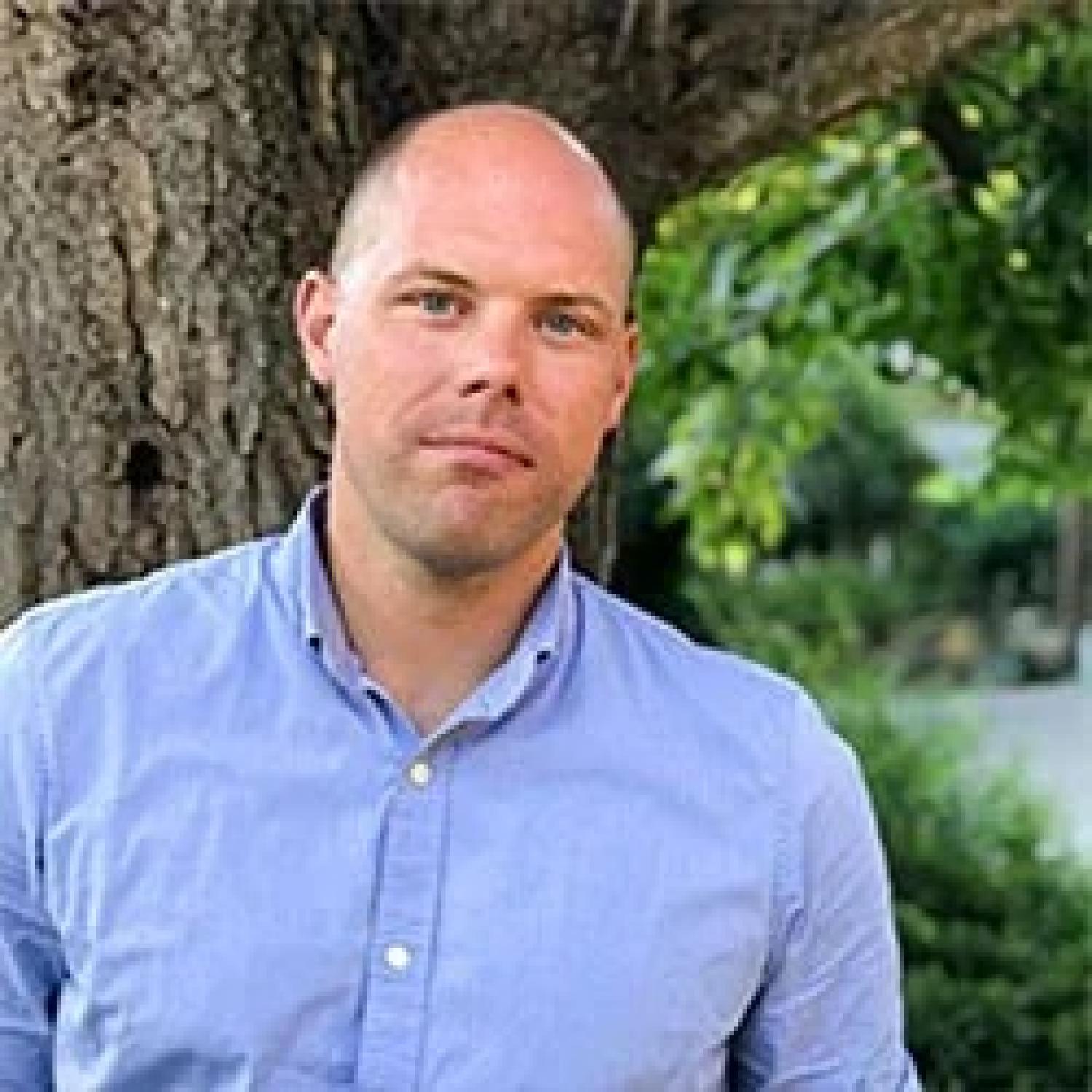Skills Repurposing
We offer programs for Environmental Historians and Historians of the American West to Enhance Career Opportunities and work with Patty Limerick.
Skills Repurposing Workshops are all-expense paid intensives in Applied History that expand your opportunities to engage wider audiences in historical reflection of your scholarly work!
Each participant takes part in an individualized, three day/customized workshop with focused activities that may include writing, working on book proposals, job searches and presentation skills.
At the core of Applied History is the mandate to pay equal attention to historical research and to the identity, concerns, and interests of an anticipated audience. Applied Historians adhere to the basic methods of historical inquiry in studying the past, but take an additional step in applying those methods to arrive at a grounded understanding of the present-day groups who will constitute their audience.
This program will train faculty and post-docs to become applied historians who can draw on the expertise of scholars from a range of disciplines. Activities will include:
- Help identifying ways to apply your research to a range of contemporary issues;
- An opportunity to experiment with different forms of public communication (practicing public speeches, writing op-ed pieces, conjuring up potential blogs or podcasts);
- Guidance on revising dissertations for publication, including contacts with and introductions to publishers;
- A multi-dimensional employment plan for pursuing opportunities for future work.
- Networking with scholars, practitioners and leaders in your field.
Participants will receive:
All travel expenses paid,
Meals and incidentals,
Three nights lodging in lovely Boulder, CO,
A $750 stipend.
It’s easy to apply. Simply submit:
- A three page, double spaced, essay exploring how your academic training has prepared you for reaching a broader audience and how it could limit you in this endeavor.
- Your dissertation title or research topic along with an abstract of your dissertation.
- Your CV.
- Optional: If you have written for a wider audience (blog, letter to the editor, etc.), please also include a sample of this work.
[video:https://youtu.be/OIoup4FuXwA]
Learn more about our Applied History Programs
“Skills repurposing means taking your historical research / reflections and figuring out how to use it to help those who are not historians use your insights to confront contemporary challenges.”
-Daniel Fischer


